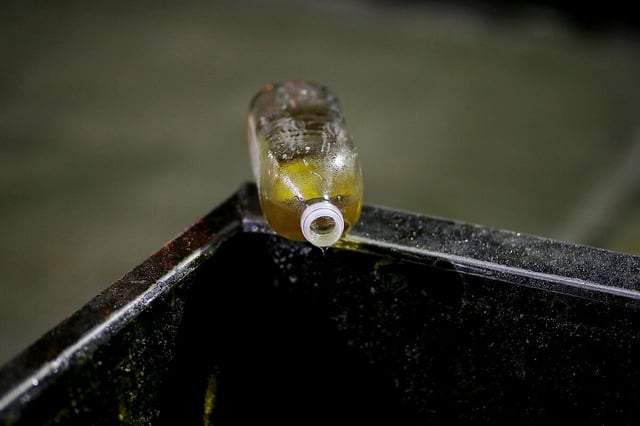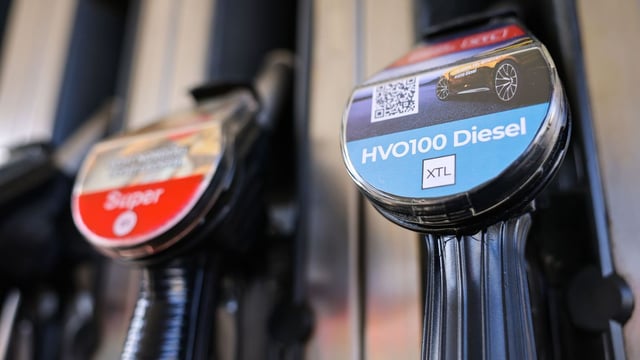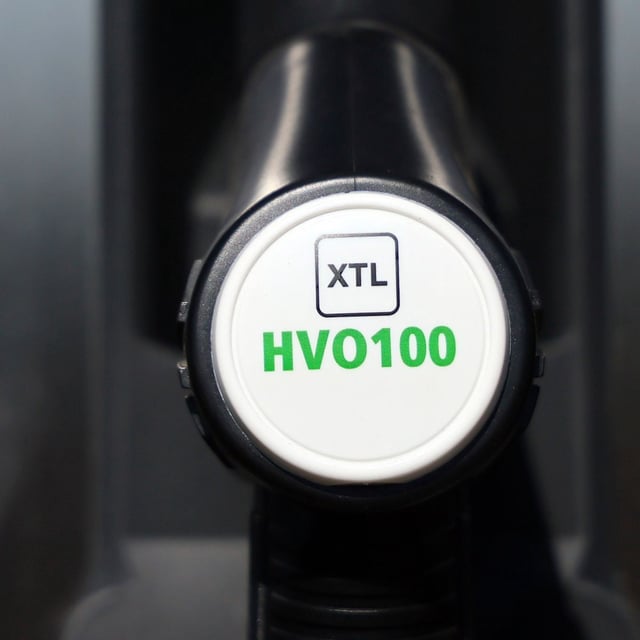Overview
- The Ifeu lifecycle study presented by Deutsche Umwelthilfe reports that UCO-based HVO100 can be at least as harmful as fossil diesel and in many cases more climate-damaging.
- Researchers cite displacement of used cooking oil from existing uses in supplier countries and likely replacement with palm oil as the key driver of higher net emissions.
- In scenarios that include a palm-oil substitution penalty, the study estimates additional emissions of roughly 12 to 14 grams of CO2 per megajoule compared with fossil diesel.
- Germany imports most of its UCO feedstock, with reports noting about 89% comes largely from China, Malaysia and Indonesia, where it is already used as fuel or in industrial products.
- Industry groups reject the findings as model-based speculation and argue for expanding domestic collection and stronger certification, while resource limits prompt calls to prioritize scarce biofuels for sectors that are hard to electrify.


